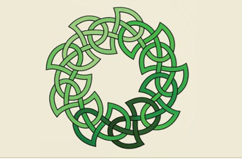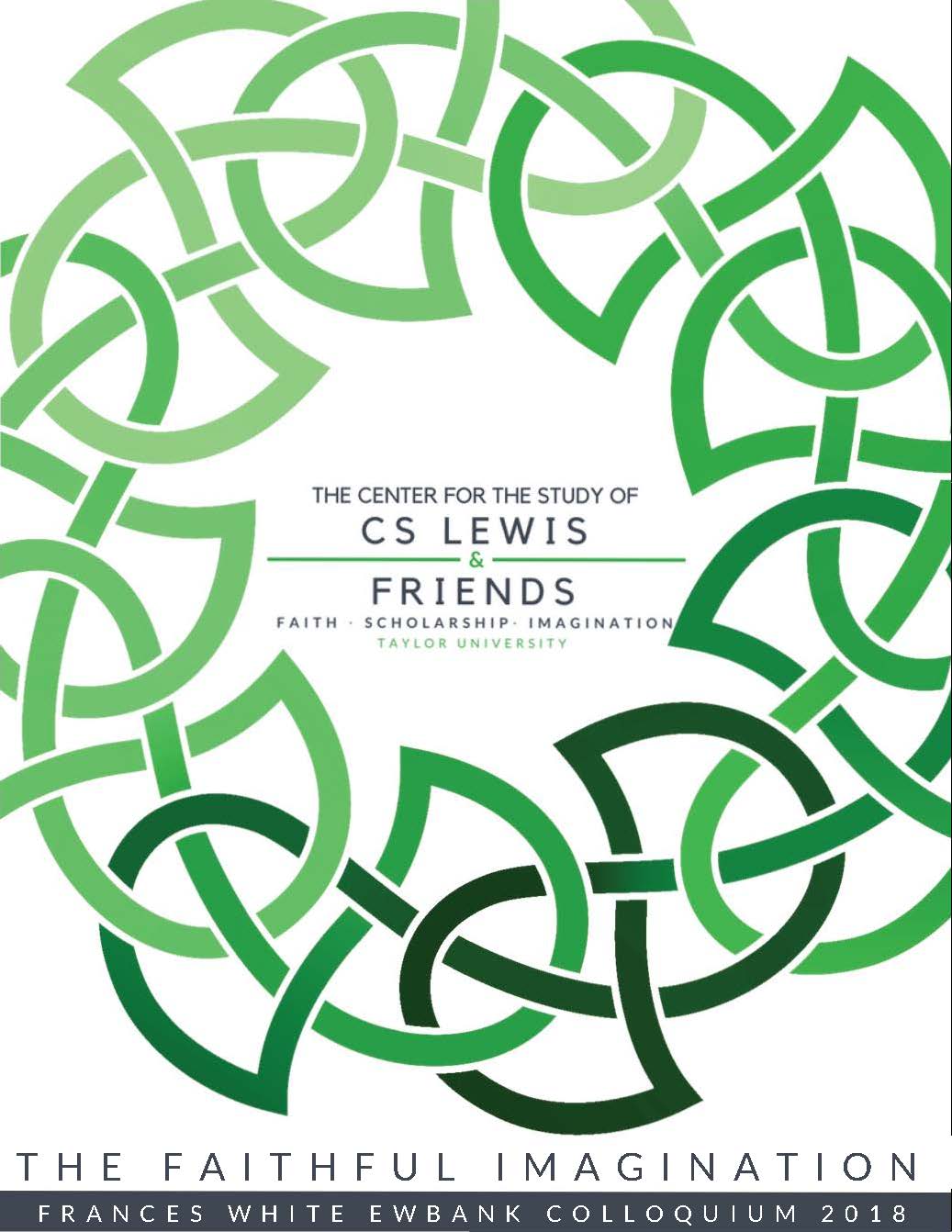Event Title
Concurrent Paper Session 5C: The Dramatic Imagination
Location
Euler 118
Start Date
2-6-2018 9:15 AM
Description
"How Chesterton Joined the Rabble, Sayers Played the Violin, and Williams Wrote about Hell: Modern Pageants and Christian Art" - Parker Gordon
Inspired by the medieval religious processions and miracle plays, the early twentieth century British pageant, an outdoor amateur drama of re-enacted historical episodes, quickly became a national sensation, attracting audiences in the hundreds of thousands. As the pageants gained popularity, they attracted the satirical attention of Punch magazine and the witty words of G. K. Chesterton, who portrayed Dr. Samuel Johnson in the English Church Pageant (1909)–an influential pageant that prefaced the dramatic collaborations of E. Martin Browne and T. S. Eliot. Unfortunately, these texts, along with the majority of pageants, remain under-studied in literary scholarship. My paper builds upon Martin Ferguson Smith’s research on Dorothy L. Sayers’s involvement in the Somersham Pageant (1908) and William V. Spanos’s essay on Charles Williams’s pageant Judgement at Chelmsford (1939), but includes consideration of Williams’s pageant novel Descent into Hell (1937), which Spanos does not address.
"Life as a Play in Charles Williams" - Tyler Brown
My paper explicates the theatre imagery in the Charles Williams’s novel, Descent into Hell, considering this imagery in the broader context of his contemporaries—particularly Lewis, Chesterton, and Sayers. When taken together, they present a shift from the typical use of theatre imagery, which tends towards fatalism, most notably in Shakespeare. That is to say, often life is viewed as a play insofar as that we are all merely actors playing our assigned roles. The Inklings and their contemporaries tended to see the world as a play also, but rather than being cast in roles, to use a line from Williams, “fate and free-will coincide.”
Event Type
Paper
Concurrent Paper Session 5C: The Dramatic Imagination
Euler 118
"How Chesterton Joined the Rabble, Sayers Played the Violin, and Williams Wrote about Hell: Modern Pageants and Christian Art" - Parker Gordon
Inspired by the medieval religious processions and miracle plays, the early twentieth century British pageant, an outdoor amateur drama of re-enacted historical episodes, quickly became a national sensation, attracting audiences in the hundreds of thousands. As the pageants gained popularity, they attracted the satirical attention of Punch magazine and the witty words of G. K. Chesterton, who portrayed Dr. Samuel Johnson in the English Church Pageant (1909)–an influential pageant that prefaced the dramatic collaborations of E. Martin Browne and T. S. Eliot. Unfortunately, these texts, along with the majority of pageants, remain under-studied in literary scholarship. My paper builds upon Martin Ferguson Smith’s research on Dorothy L. Sayers’s involvement in the Somersham Pageant (1908) and William V. Spanos’s essay on Charles Williams’s pageant Judgement at Chelmsford (1939), but includes consideration of Williams’s pageant novel Descent into Hell (1937), which Spanos does not address.
"Life as a Play in Charles Williams" - Tyler Brown
My paper explicates the theatre imagery in the Charles Williams’s novel, Descent into Hell, considering this imagery in the broader context of his contemporaries—particularly Lewis, Chesterton, and Sayers. When taken together, they present a shift from the typical use of theatre imagery, which tends towards fatalism, most notably in Shakespeare. That is to say, often life is viewed as a play insofar as that we are all merely actors playing our assigned roles. The Inklings and their contemporaries tended to see the world as a play also, but rather than being cast in roles, to use a line from Williams, “fate and free-will coincide.”


